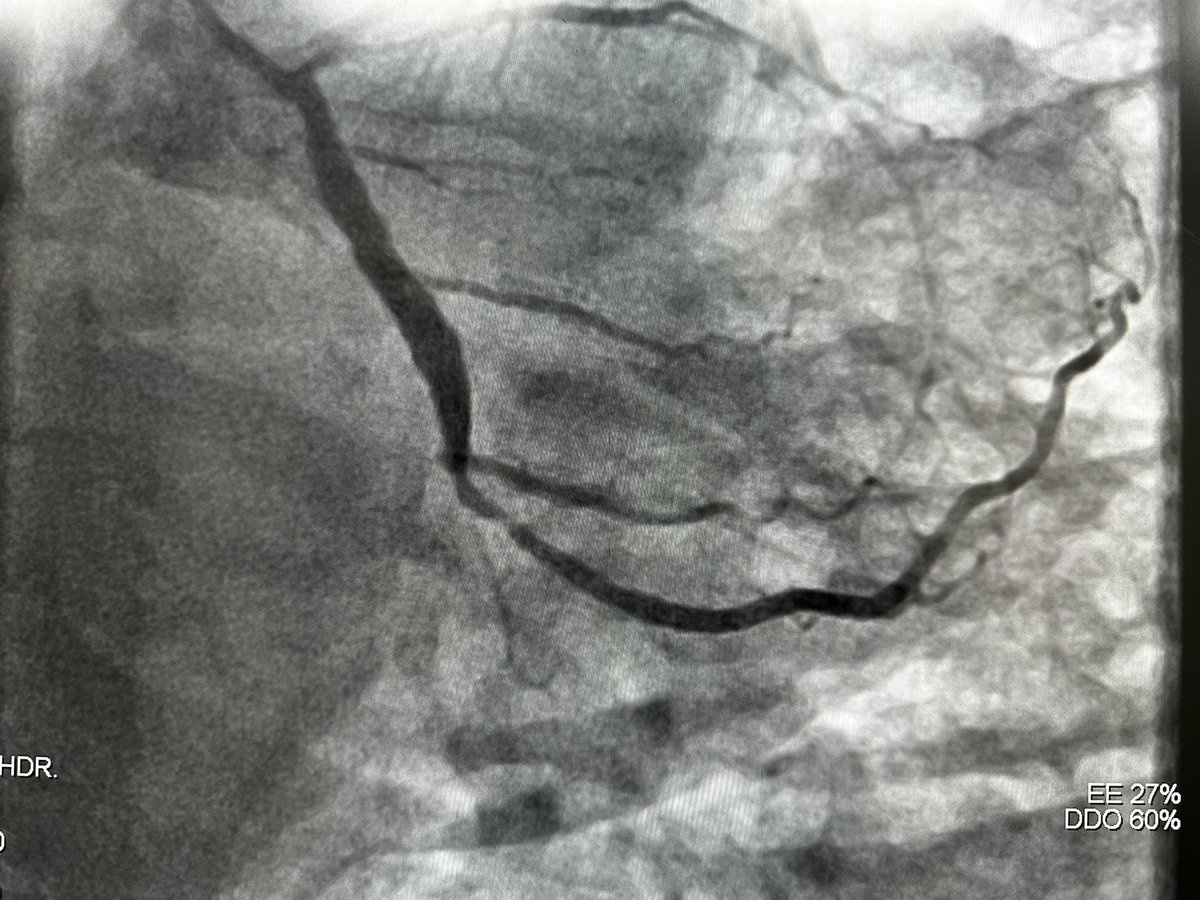
1. Fellow Indians! DONT panic.
The #Covid situation in #China is alarming. Let’s see how it may affect India. #thermonuclearbad (pic not representative).
The #Covid situation in #China is alarming. Let’s see how it may affect India. #thermonuclearbad (pic not representative).

Sudden lifting of Covid restrictions in China after December 7th, (in response to protests against the zero Covid policy) led to massive increase in Covid numbers. The Hospitalisations and deaths may increase.
The variants in circulation in China are #Omicron sub variants. Mostly BF7; which is a subvariant of BA5. (BA 5.2.1.7). This variant has already been spotted in several countries. It spreads alarmingly fast (R0 > 10). It escapes immunity.
But BF7 died down in UK and other countries. It most likely cannot cause severe disease in the countries already affected by #Omicron. India is one.
India can get affected by Chinese explosion of cases. But not directly. The Chinese catastrophe can affect global supply chains and API supplies for Indian pharmaceutical industry can become expensive.
The second way that India can get affected is by the emergence of a new variant due to unmitigated spread of Covid in China. The new variant may not be as benign as Omicron.
The global players should come out strongly in support of China. What China needs is a huge supply of the bivalent vaccines which are effective against the BA5 variant. This can prevent mortality in China and may curb infections to a certain extent.
Remember, it is a global village. China may not be our closest allay at the moment, but it needs all the help the world can give it because the world will suffer if China suffers.
So don’t panic. Relax and watch the scenario carefully. Watch this space for further updates.
• • •
Missing some Tweet in this thread? You can try to
force a refresh







